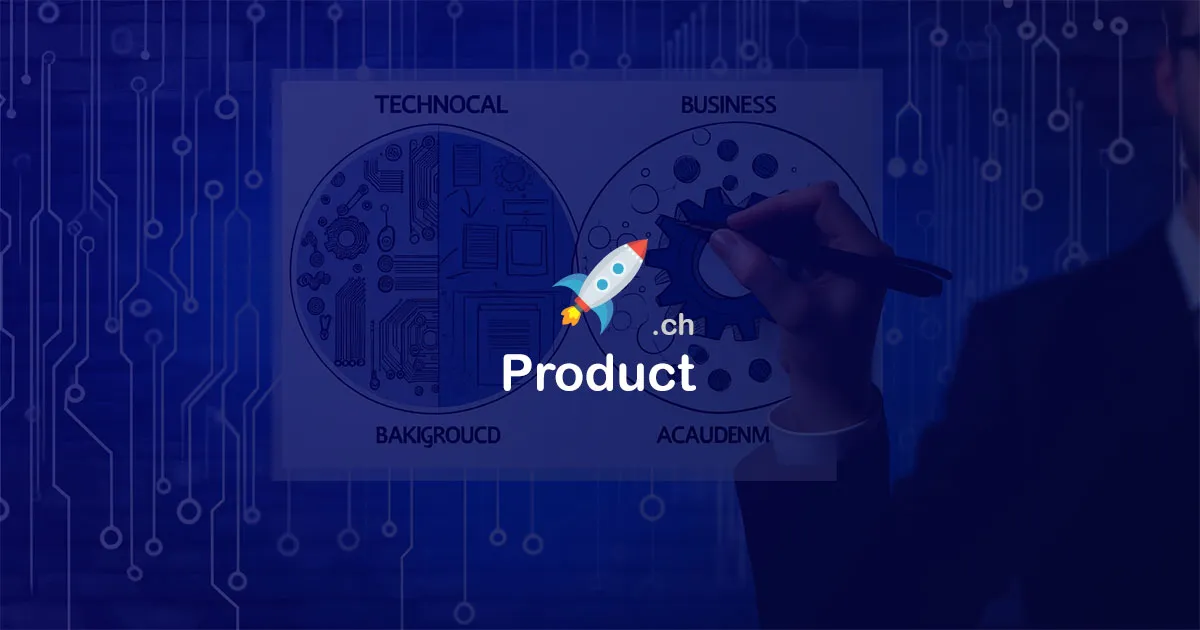Technical Background vs. Business Acumen in Product Management
In the multifaceted domain of product management, one pivotal debate continuously shapes the profession: should product managers possess a robust technical background, or is strong business acumen more crucial for their success? This question resonates across industries, as both skill sets offer unique advantages. This article dives deep into this ongoing debate, examining the strengths, challenges, and potential limitations of each perspective, and exploring how a balanced approach can offer the most effective solutions for navigating the fast-evolving intersection of technology and business.
Importance of Technical Knowledge
Technical expertise in product management cannot be overstated, especially in tech-driven industries such as software development, artificial intelligence, biotechnology, and cybersecurity. A technical background equips product managers to understand the intricate details of product architecture, system dependencies, and technical constraints. This knowledge helps them communicate effectively with engineers, anticipate technical roadblocks, and contribute meaningfully to technical discussions, ultimately enhancing the product development lifecycle.
- Enhanced Communication: Product managers with technical proficiency can 'speak the language' of engineers and developers, leading to clearer communication, faster problem resolution, and better team cohesion. By understanding technical jargon and concepts, they can bridge the gap between product vision and technical feasibility.
- Improved Problem Solving: Familiarity with the technical underpinnings of a product enables product managers to proactively identify potential issues, assess the feasibility of new features, and implement preventive measures. This technical foresight reduces project delays and mitigates risks before they escalate.
- Credibility: Technical expertise can significantly boost a product manager’s credibility within a tech-focused team. When product managers understand the intricacies of the technology, they are more trusted by developers, making it easier to advocate for necessary product changes or drive innovation that aligns with technical realities.
- Efficient Resource Allocation: A technical foundation allows product managers to better assess development timelines and resource needs, leading to more efficient budgeting and allocation. They can make informed decisions on where to prioritize resources, enhancing the overall productivity and success of the team.
The Role of Business Acumen
Equally vital is business acumen, a skill set that enables product managers to navigate market trends, understand customer preferences, and align product strategy with overarching financial goals. Business-savvy product managers can make informed, strategic decisions that drive revenue growth, improve market fit, and elevate brand recognition. This understanding is especially critical in customer-centric fields where market demands and competitive landscapes shift rapidly, requiring a keen eye for profitable opportunities and sustainable growth.
- Strategic Vision: Business acumen empowers product managers to set and implement long-term strategic goals that align with broader business objectives. By understanding industry trends, they can anticipate market shifts and strategically position the product for long-term success.
- Market Orientation: A solid grasp of market trends and consumer behavior enables product managers to design products that resonate with users and stand out in a crowded marketplace. This orientation toward market dynamics is essential for making data-driven decisions that ensure a product's relevance and appeal.
- Profitability Focus: Business knowledge helps product managers evaluate product features and enhancements from a financial perspective, prioritizing decisions that drive profitability and deliver a return on investment. This focus ensures that the product's development aligns with the company's financial health.
- Effective Stakeholder Communication: Business-savvy product managers can articulate product value in a way that resonates with stakeholders, from executives to sales and marketing teams, ensuring alignment and buy-in for product initiatives.
Striking the Right Balance
Although the debate often presents technical skills and business knowledge as mutually exclusive, the most successful product managers blend both. A balanced approach allows them to lead the product's technical development and market positioning. This synergy is essential in a role that serves as a liaison between engineering, design, and business stakeholders, each with distinct expectations and goals. Integrating both skill sets creates a well-rounded product leader who can confidently guide the product lifecycle from ideation to launch and beyond.
- Cross-functional Leadership: Product managers must often lead cross-functional teams, requiring both technical insight to work with developers and business savvy to collaborate with marketing, finance, and sales. This dual expertise enables them to mediate between departments, ensuring alignment on product objectives.
- Customer-Centric Innovation: By understanding both the technical possibilities and market demands, product managers can drive customer-centered innovation. They can develop features that not only align with user needs but also leverage the latest technology to create standout experiences.
- Adaptive Learning: Continuous learning in both technical and business domains is crucial as technology evolves and market trends shift. The best product managers remain adaptable, honing their knowledge to stay ahead of industry changes and maintain their effectiveness.
- Strategic Resource Management: Combining technical and business insights allows product managers to strategically allocate resources, prioritizing features and initiatives that offer the greatest value, both in terms of market impact and technical feasibility.
Conclusion
The integration of technical knowledge and business acumen in product management is not only beneficial but essential for creating successful products. As the bridge between technical teams and business goals, product managers who cultivate both skill sets can navigate complex challenges and capitalize on emerging opportunities, positioning their products and companies for success. In a rapidly evolving digital landscape, where both technological innovation and customer-centric strategies drive market success, the ability to blend technical understanding with business foresight is what truly sets outstanding product managers apart.
For a deeper exploration of essential product management skills, you might also be interested in reading about the Necessity of Product Managers.
